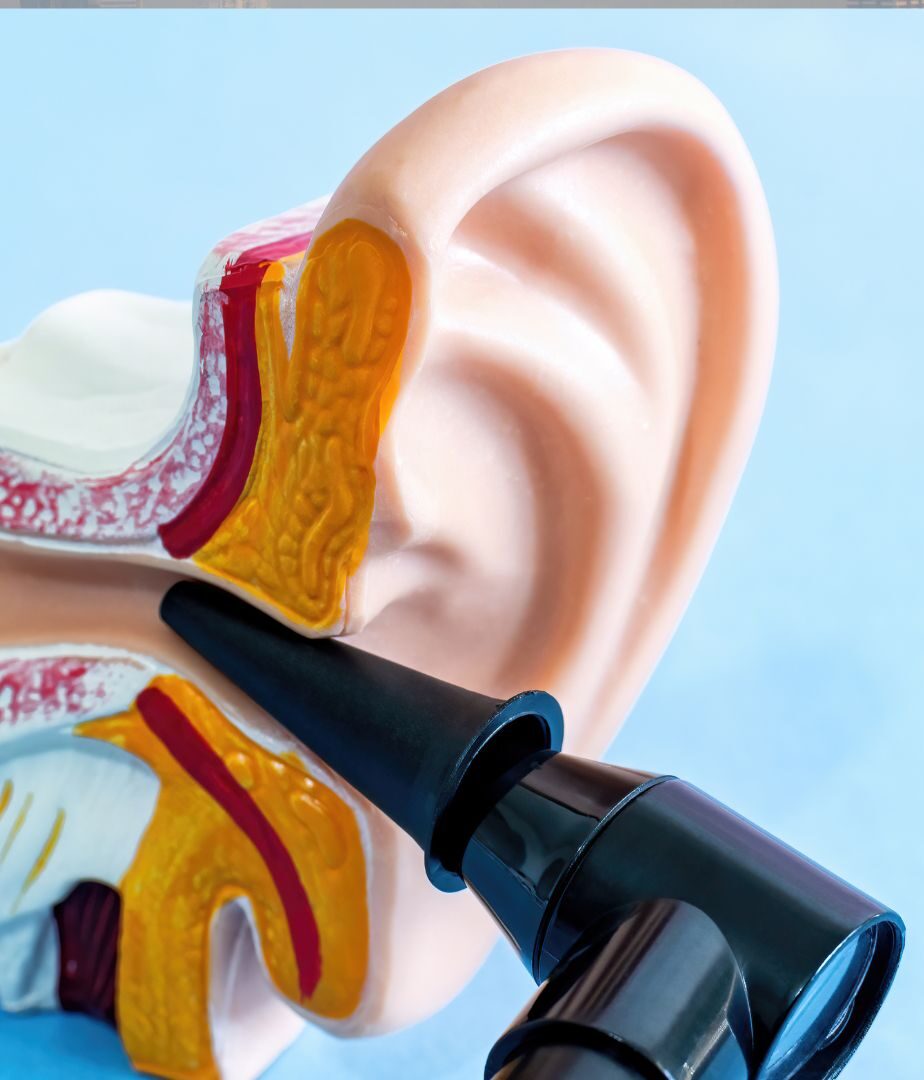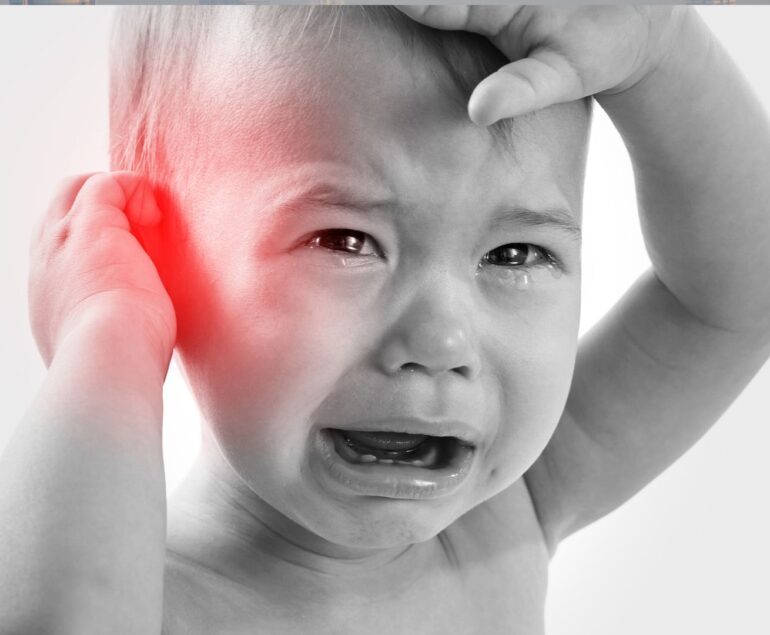I. Introduction
Autoimmune Inner Ear Disease (AIED) is a rare condition that affects the inner ear, leading to hearing loss and balance problems. Understanding this disease is crucial for proper diagnosis and management.
II. Understanding Autoimmune Inner Ear Disease
A. What is AIED?
AIED is a condition where the body’s immune system mistakenly attacks the inner ear structures, including the cochlea and vestibular system. This autoimmune response leads to inflammation, damage, and dysfunction, resulting in hearing loss and dizziness.
B. Causes of AIED
The exact cause of AIED is not fully understood, but it is believed to involve a combination of genetic predisposition and environmental triggers. Factors such as viral infections, allergies, and autoimmune disorders may contribute to the development of AIED.
C. Symptoms of AIED
Symptoms of AIED can vary from mild to severe and may include:
- Progressive hearing loss
- Dizziness or vertigo
- Tinnitus (ringing in the ears)
- Imbalance or unsteadiness
- Sensitivity to loud noises
D. Diagnosis of AIED
Diagnosing AIED can be challenging due to its similarities with other inner ear disorders. It often requires a comprehensive evaluation, including:
- Audiometric tests (hearing tests)
- Vestibular function tests
- Blood tests to detect autoimmune markers
- Imaging studies such as MRI or CT scans
III. Management of Autoimmune Inner Ear Disease
A. Treatment options
Treatment for AIED aims to reduce inflammation, preserve hearing, and manage symptoms. Options may include:
- Corticosteroids to suppress the immune response
- Immunomodulatory therapy to regulate immune function
- Hearing aids or cochlear implants for severe hearing loss
- Balance exercises and vestibular rehabilitation
B. Lifestyle and home remedies
In addition to medical treatment, lifestyle changes and home remedies can help manage symptoms and improve quality of life. These may include:
- Avoiding exposure to loud noises
- Managing stress through relaxation techniques
- Maintaining a healthy diet and regular exercise routine
- Using assistive devices for communication and mobility
C. Supportive care
Living with AIED can be challenging, but support networks and resources are available to help individuals cope with the condition. Supportive care may include:
- Joining support groups or online forums for individuals with hearing loss
- Seeking counseling or therapy to address emotional and psychological aspects
- Working closely with healthcare providers to monitor symptoms and adjust treatment as needed
IV. Living with AIED
A. Coping strategies
Coping with AIED requires patience, resilience, and adaptation. Some strategies that may help include:
- Educating oneself about the condition and available resources
- Communicating openly with friends, family, and healthcare providers about challenges and needs
- Finding hobbies and activities that bring joy and fulfillment despite hearing and balance limitations
B. Support networks
Building a strong support network is essential for navigating the challenges of AIED. This may involve:
- Connecting with other individuals living with AIED for shared experiences and advice
- Involving loved ones in the treatment process and seeking their understanding and support
- Advocating for oneself and others with AIED to raise awareness and promote research and resources
V. Conclusion
Understanding autoimmune inner ear disease is crucial for early diagnosis and effective management. By recognizing the symptoms, seeking proper medical evaluation, and accessing appropriate treatment and support, individuals with AIED can enhance their quality of life and maintain overall well-being.
FAQs
- Is autoimmune inner ear disease curable? While there is currently no cure for AIED, proper treatment can help manage symptoms and preserve hearing.
- Can stress worsen symptoms of AIED? Stress may exacerbate symptoms of AIED, so managing stress through relaxation techniques and self-care is important.
- Are there any alternative therapies for AIED? Some individuals may explore alternative therapies such as acupuncture or dietary supplements, but it’s essential to consult with a healthcare provider before trying any new treatments.
- Is AIED hereditary? While there may be a genetic predisposition to autoimmune disorders, AIED itself is not typically considered hereditary.
- Can children develop AIED? While rare, children can develop AIED. It’s essential for parents to be vigilant about any signs of hearing loss or balance problems and seek medical evaluation if necessary.
About Author:
Dr. Vivek Kumar Pathak: Renowned ENT Surgeon, Senior Professor, and Founder.
Dr. Pathak, ENT surgeon at Kailash Hospital, Senior ENT Professor at Sharda University, and founder of Entegrity Care, brings expertise and innovation to healthcare. Discover the visionary behind Doxtreat Healthcare, shaping the future of ENT care.
Website www.drvivekpathak.com
Call +917838450942
WhatsApp +91 78384 50942
Book an appointment with Dr. Vivek kumar Pathak by filling the form.



